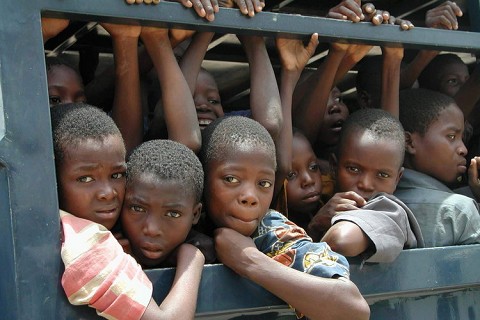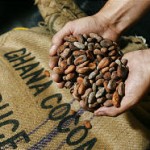
Making these three hypertexts over the course of my Fall Quarter of my freshman year definitely enlightened me with a new type of technology that I would have otherwise thought was useless. Getting to know Dreamweaver—or just learning how to create a website in general—has been a fun and interesting experience; it’s always exciting to plan a new layout of a different website and figure out exactly what style and content will fit in it. Looking back on my personal hypertext on karate, I find that I have improved a lot ever since then. It is neat to see the differences among each website and how I have formatted them similarly yet differently based on what did and did not work in past websites.
When creating my websites, I tried to make the font lettering and font color match the background. In addition, I tried to make the context of my site correspond with the fonts I chose. About halfway through my second hypertext, I realized that the overall design of the website started from my splash page: if your splash page content and design are not the way you want it to be, it’s extremely important to perfect it before starting on other pages/links, otherwise the whole site will not be the way you want it to be and you will have to go back and change everything individually later. By the time I started on my research hypertext, I knew to spend most of my time on my splash page because that is the start of my entire site. Doing this saved me a ton of time and made it easier for me to simply add in pictures in content without ever having to worry about the layout.
Aside from Dreamweaver, one big thing I learned from Marc Bousquet’s, Remixing Little Brother, is the ways in which websites are started. This occurred to me after writing my, “I Resign!” paper during class one day. It was then that I realized peoples’ motives behind creating websites in the first place. Aside from posting words on a document and publishing it on the Internet, many people have passion to post the things they’re writing about. My “I Resign!” letter later led to my hate towards the disease, Alzheimer’s. The fact that I cared so much about this subject made it easier for me to put good content on that hypertext as well as improving my site overall since this is a topic I truly care about. Those who create websites clearly have a passion for what they’re writing about, regardless if it is good or bad.
The class blog was a good way to turn in assignments. Rather than wasting of paper and taking up time in class to turn in assignments by hand, it was easy and convenient for everyone to post assignments on the blog without having to worry about keeping track of a piece of paper. It was also nice not having to hand write or print anything since everyone’s assignments were in the same place. To answer the question, “How did the blogging and Google Group discussions affect your learning, if at all?,” I have to say that it didn’t really affect it for the worst or for the better. However, it was very nice being able to see what my other classmates had written for the same assignment since there were a couple tasks that I was confused on.
My overall goal for this entire quarter was to continually improve each website as the months progressed. During my midterm discussion with Marc, I stated that I was shooting for an A in the class. He told me that in order to do so, all I would have to do is improve my hypertext from the last one and I was set. After my final talk with Marc during his office hours, it seems as though I have reached my goals in making each individual website better starting with my personal hypertext and ending with my research hypertext.
Relation to “Strapped,” by Tamara Draut
In her novel, Tamara explains that she, along with many other friends, is “struggling to make ends meet,” even though they’d “[done] all the right things” (4). This relates to the low-wage workers and slaves in Africa because those working on cocoa bean plantations have difficult times making ends meet and, just like Draut’s friends, did all the right things. Many families in Africa do everything they can to make a decent living for themselves but cannot seem to dig themselves out of the vicious poverty cycle.





